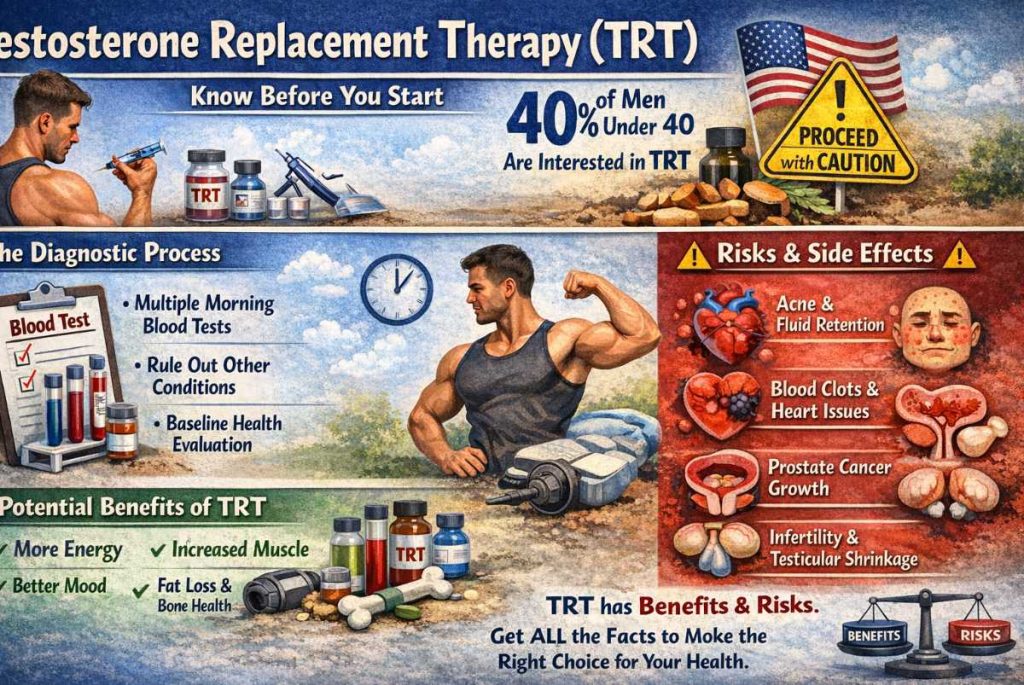The reconstruction of a commercial facility may become a thrilling experience to transform the premises and make them more efficient. Nevertheless, the owners of the property facilities should also be much concerned with the laws concerning the accessibility requirements.
Regulations according to certain laws e.g. Americans with Disabilities Act (ADA) in the U.S., or equivalent circumstances in Canada, exist that require a commercial property to be accessible to people with disabilities.
Failure to observe these rules can be extremely expensive through fines, lawsuits and damage to reputation. Consultation with a disability lawyer or a disability lawyer Toronto during the early phase planning can allow one to be sure that their upgrading will satisfy all the legal requirements as well as reach the design objectives.
Aesthetic enhancements need to be observed with legal requirements as proper planning and professional advice are paramount.
Understanding Accessibility Requirements
The accessibility requirements that should be met in your building should also be understood before commencing on renovations. Entrance standards, strolling corridors, the size of the doors, bathrooms, and parking facilities are normally made a requirement in laws. Compliance is not only to prevent legal hassles, but it also makes sure that every visitor can comfortably and safely access your property.
A disability lawyer Toronto may shed some light on the ways federal, provincial, and local codes interact and what is obligatory to your particular building type. Planning compliance early avoids last minute changes which are time-wasting and expensive.
Oftentimes, standards in accessibility contain technical requirements that do not make common sense to property owners. To illustrate, the inclination of ramps and the height of handrailings and the fixtures in washrooms should be specific. Employing the services of a disability lawyer will have your design team understand such requirements accurately.
This minimizes chances of violations as the renovation works are carried out or after the renewal works are finished. The knowledge of the accessibility regulations makes it easier to draw a legally versatile and user-friendly renovation plan.
Planning Renovations With Legal Guidance

When embarking in commercial building renovation, professionals in the legal field must be employed. A disability lawyer would be able to access the scope of your planned renovation and point out choices where your planning would seem to stray below the mark of compliance.
Such a preventive measure will enable you to make changes prior to the start of construction, preventing delays and even conflicts with the law.
The legal counsel also assists in making contractor negotiations where efforts are made to ensure the accessibility requirements are duly integrated into the scope of the project. Having records of such consultations may prove beneficial in case of query in compliance.
Along with the legal advice, one should think about the impact of the renovations that could interfere with the already presented accessibility features. Alterations in entrances, interior planning or washrooms have the potential of causing unintentional barriers.
A Toronto disability lawyer will help to review whether changes shall stabilize or enhance the accessibility standards. Introducing legal knowledge to the process at the outset will allow the building owners to overcome the non-functional complications without jeopardizing compliance, safeguarding the customers of the building and the company.
Choosing Compliant Materials and Design Features
An important step in the planning of the renovation is the picking of materials and the design features which need to comply with accessibility requirements. The flooring, lighting, signage and even the door hardware could all play into accessibility to the space by disabled individuals.
Legal practitioners would be able to advise on the suitable alternatives that one could adopt to make the materials match the regulations. Selecting compatible characteristics on initial stages will exclude the necessity of expensive retroworking during the renovation procedures.
Design features should also consider long-term usability and adaptability. Buildings are dynamic and should be done in such a way that areas could be changed with time as they continue to conform to new accessibility standards. Hiring an attorney that works with disability will help make your design decision both legally acceptable and usable down the road.
Taking the perspective of compliance into consideration during the material and design selection process, the owners of the building can manifest their interest in ensuring accessibility and minimize the possibility of future legal compliance.
Ensuring Compliance During Construction
Close supervision is required throughout the process of construction because renovations should be in accordance with the law. The contractors ought to be introduced to the accessibility requirement and any special instructions as communicated by a disability lawyer.
Inspections and periodic checks of the progress may allow detecting deviations when they are at an early stage before the need to make expensive corrections. Legal supervision on the construction side will support the compliance with the accessibility laws and reduce the cases of claims and lawsuits.
Documentation of construction practices is equally important. Maintaining records of design specifications, inspection, and contractor correspondence serve as evidence of compliance undertaking. These records can help show that the building owner made relevant measures to work within the law in an event of accessibility dispute.
Hiring a disability lawyer during the construction process would bring additional peace of mind that your renovation activity will be in full compliance and lower the risk of potential legal liabilities.





